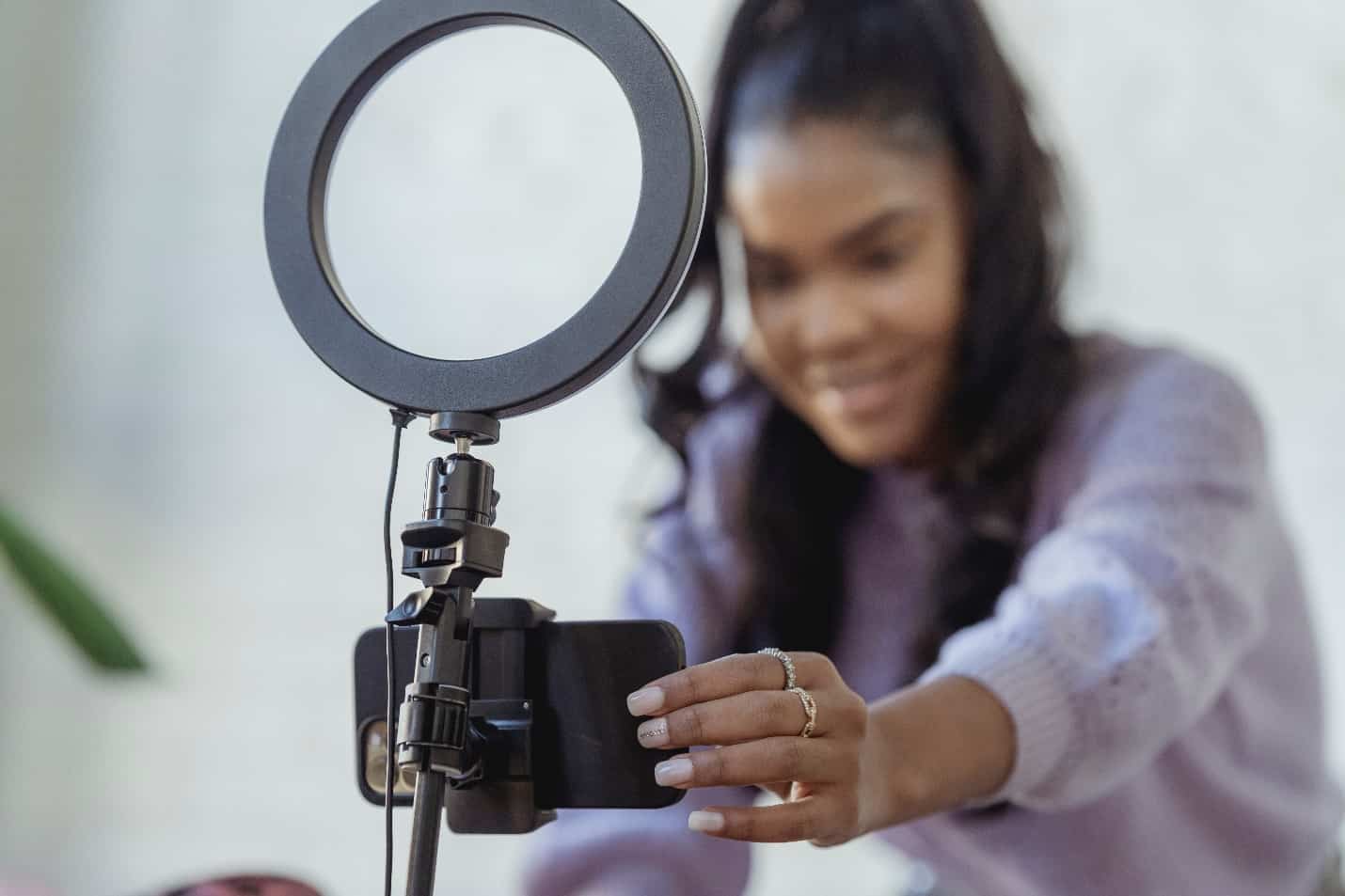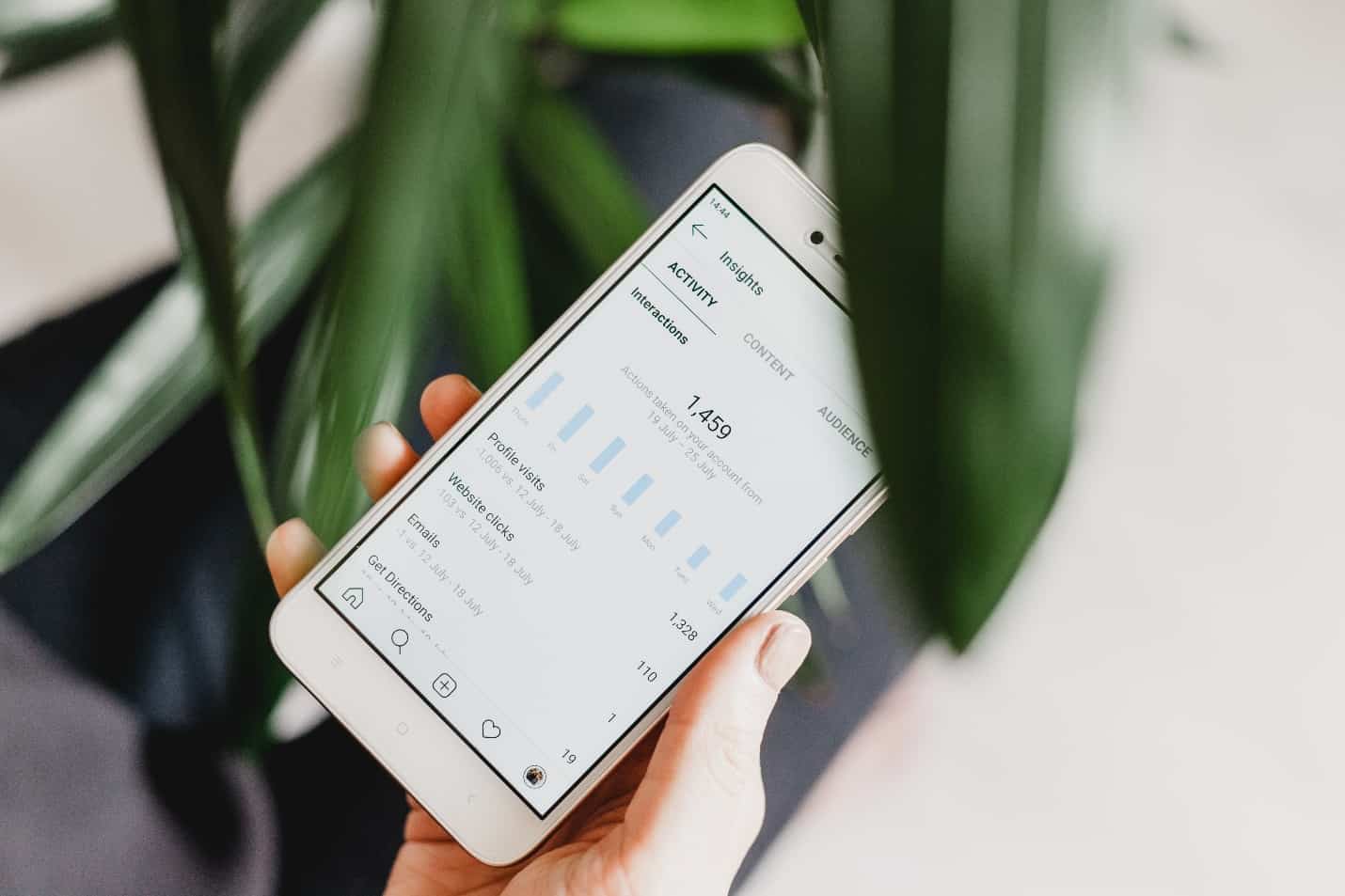You’ve got a lot of social media tools in your arsenal when it comes to getting the word out about your brand on social media. But have you tapped into social media influencer marketing yet? If not, you should.
Why? Well, first let’s start with what influencer marketing actually is.
According to Zahara Jade, an influencer marketing expert from HireInfluence, “Influencer marketing is a form of marketing in which brands hire influencers to promote their company through social media.”
Why do so? Because customers are more likely to listen to an unbiased industry expert than a company pushing its own products.
According to Nielsen research, 70% of customers worldwide trust online consumer reviews. There’s a reason why Consumer Reports is in business. And why product review blogs are so popular. Because people want to hear about what experts with noted experience in their fields have to say about a brand before they make a commitment.

Photo credits to Pexels.com
In addition, not all brands will be able to fully uncover the benefits of working with macro-influencers, micro-influencers, as the industry of innovators is already actively cooperating with nano-influencers. It is believed that a large number of subscribers means the actual impact on people. However, a word from an opinion leader with a small number of followers may be able to gain more influence than from someone with hundreds of other subscribers.
Ready to get going on your influencer marketing campaign? First, you’ve got to nail down your influencer questions.
Based on the stats above, it goes without saying (but I will anyway) that selecting the right influencer is essential to your success.
Here are four key questions for influencers to ask when evaluating a potential fit for the role.
1. Is your influencer relevant within the industry?
This is common sense. Your influencer has to have some degree of experience or expertise within your industry in order to engage with your customers and promote your product in the social community. But this may not always be as cut and dried as you’d think.
The obvious example here would be Michael Jordan promoting Air Jordans. The man plays basketball. For a living. So the connection between the athlete and sleek basketball shoes with his image as the logo is, well, a slam dunk.
The influencer must fully reflect the philosophy of the brand, must try to promote everything that is inherent in a product, product or service.
Now consider George Foreman, the famed boxer. Selling a healthy, easy-to-use grill? Seems pretty random at first glance. What would a successful, hard-as-nails boxer know about light cooking? Come to find, a lot. He attributed much of his comeback success to healthy eating, so his experience and knowledge of lean protein diets gave him relevance in the field of low-fat grilling.
Whether obvious and direct through a profession or accreditation or more organically by way of a compelling story, make sure your social media influencer has the experience and relevance to allow him or her to be able to share valuable information and experiences with regard to your industry and your brand.
2. What kind of reach does your influencer have within the social community?
Just because your influencer is an expert, doesn’t mean people are listening.
A PhD in biochemistry could tweet all day long about the science experiments he’s running in his basement using your company’s set of measuring tools. But without a significant following, he’s not going to create any engagement or interest for your brand…if any at all.
Your influencer needs to have a significant number of followers.
The more, the better. And depending on your industry, the exact number you want to be looking for may vary. A safe range to aim for is upwards of 10,000 followers.
It doesn’t mean that nano-influencers (from 1000 to 10,000 subscribers) are a bad idea in this case. They have established a good dialogue and personal communication with the audience.
This creates a sense of intimacy and has a much more attractive appearance for subscribers than the accounts of distant millionaire stars.
Nano-influencers are more likely to respond to almost every comment, moreover, they do not just throw a “noticeable phrase”, but give a meaningful answer to better understand their followers. As a result, these connections lead to higher engagement and trust from the audience.
At the end of the day, for your influencer’s, and thus, your brand’s, message to be heard, get shared and create a buzz, you’ve got to get it in front of a significant number of people.

Photo credits to Unsplash.com
3. What kind of resonance does your influencer have among his or her audience?
So your expert has a huge following. But what kind of engagement will he or she be able to garner about your brand?
Part of this hinges on not only how many followers your potential influencer has, but whether they are quality followers.
Firstly, is it an audience of real people? Many Twitter accounts are essentially run by “bots” and just shoot out automated tweets without any humans actually reading or actively engaging. Others are “empty” accounts that people follow only to earn instant follow-backs to artificially beef up their follower count.
You can double-check this concern by taking a look at individuals’ “tweets,” “following” and “followers” numbers. Warning signs include an alarmingly low tweet count compared to an astronomical number of followers. Or a significantly larger number of people followed than followers.
Secondly, is it an audience of the right people? I.e. followers with interest in your brand.
If your potential influencer is talking to a community of people who lie outside of your target market range and may be following him or her due to a completely different interest, they won’t be actively engaging and spreading the word on social.
You can dig more into this concern by doing a little background research. Review your potential influencers’ past conversations on their channels. What’s being talked about? What’s the tone? Who’s talking? You can also check out the profiles of their highest engaging followers to see what relevance they have in the industry as well.
The more relevance your potential influencers’ followers have, the more engagement and return their social efforts will earn your brand.
4. Does the individual you’re eyeing have interest in being an influencer?
Even if your potential influencer meets all the right requirements, you need to find out: Do they even want to be an influencer for you?
Some people won’t want to be bothered. Others may already have an affiliation with a competitor brand (hopefully you figured that out earlier through your research). Some may have never heard of influencer marketing and may want to know, “What’s in it for me?”
Some experts from top rated essay writing service say ‘If your potential influencer has no interest or other affiliations, move along’. You want someone who is excited and willing to promote your brand. Because lacklustre interest will come through in social with a lacklustre tone. Which won’t be sparking much interest or engagement from potential customers.
But you CAN offer an answer to the question, “What’s in it for me?”. Decide what you’re willing to offer your potential influencer and create a compelling value statement.
Are you willing to pay them? Will they get free products or services? Discounts? How will their presence in your social campaign also help them further their image within the industry?
Show them how they can benefit by helping you. Because everyone loves a win-win.
You never know until you try
These are the questions to ask influencers to come up with the best results. While these four questions can increase your chances of landing a stellar influencer to get going on your influencer marketing campaign, there’s no exact formula for success.
You’ll need to start your influencers off with a trial period and track how easy/difficult it is to work with them, how well/poorly they communicate with you, and their initial performance as an influencer based on your brand initiatives. Give it a little time, then make a final determination of fit.
Sometimes it works out. Sometimes it doesn’t.
But when you begin your search by evaluating prospects based on their expertise, reach, resonance, and interest, you can rest assured you’ve done your due diligence in finding the right influencer for your brand.

